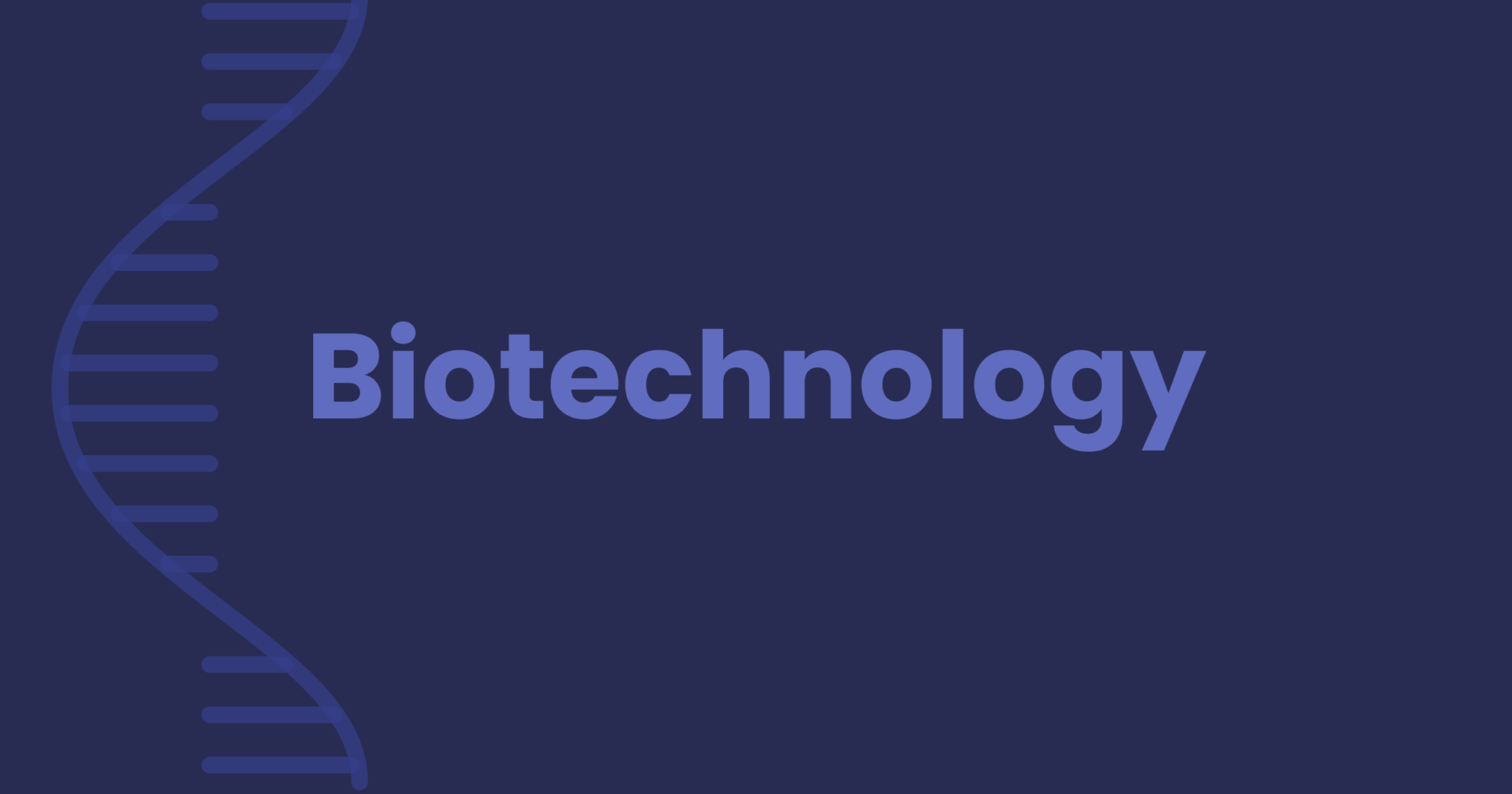Introduction
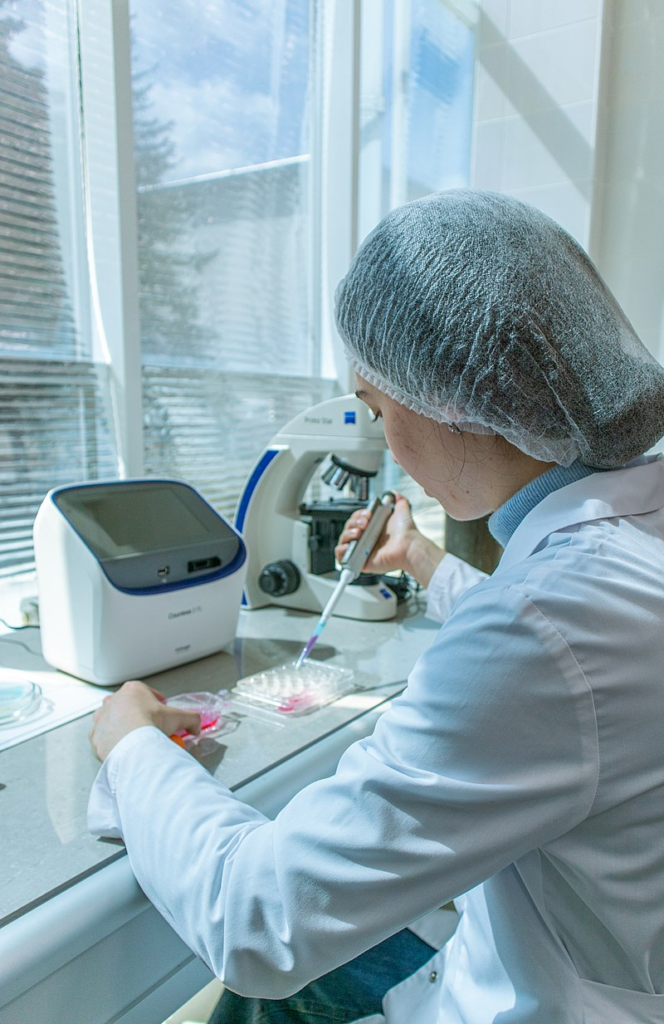
In the vast landscape of scientific discovery, few fields hold as much promise and potential as
biotechnology. With its interdisciplinary approach blending biology, chemistry, physics, and
engineering, biotechnology revolutionizes how we understand, interact with, and manipulate
living organisms for the betterment of society. From healthcare to agriculture, environmental
conservation to industrial processes, biotechnology permeates every aspect of our lives,
offering solutions to some of humanity’s most pressing challenges while also raising ethical
questions and societal concerns.
Understanding Biotechnology
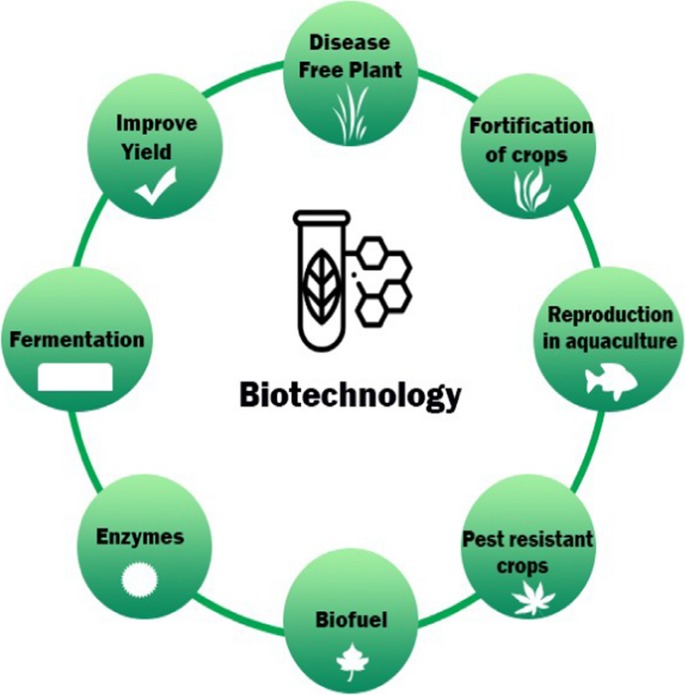
At its core, biotechnology harnesses biological systems and processes to develop technologies
and products that improve our lives. It encompasses a diverse range of applications, including
genetic engineering, molecular diagnostics, pharmaceuticals, and bioremediation. By studying
the intricate mechanisms within cells, scientists can engineer novel proteins, modify genetic
material, and design tailored therapies to combat diseases and enhance human health.
Medical Breakthroughs
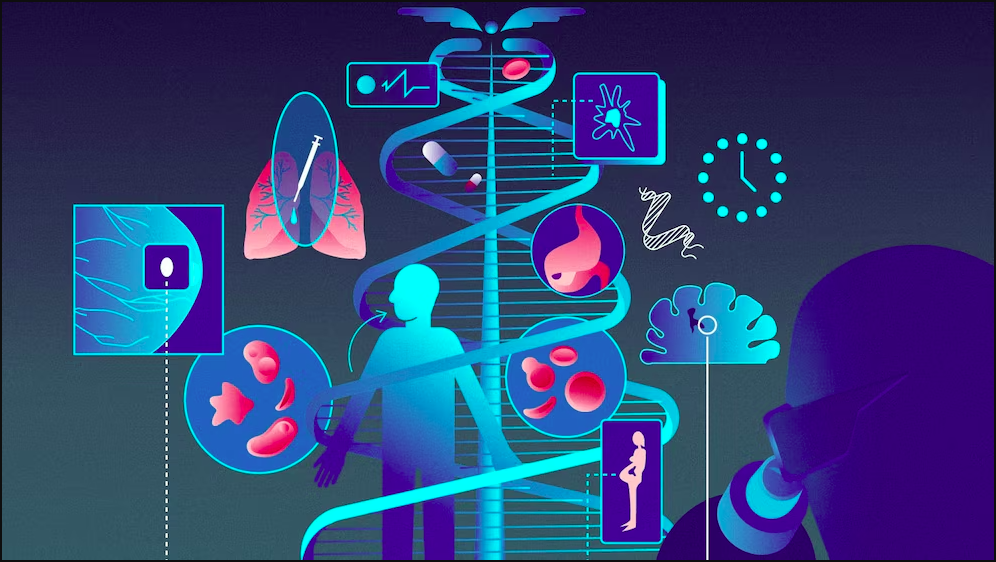
Biotechnology has revolutionized modern medicine, offering groundbreaking treatments and
therapies. From the development of recombinant DNA technology to the advent of gene editing
tools like CRISPR-Cas9, researchers can target and modify specific genes associated with
genetic disorders, cancer, and infectious diseases. This precision medicine approach holds immense promise for personalized treatments, potentially curing previously incurable diseases
and improving patient outcomes.
Agricultural Advancements

In agriculture, biotechnology plays a pivotal role in enhancing crop yields, reducing
environmental impact, and ensuring food security. Genetically modified organisms (GMOs)
engineered with traits such as pest resistance, herbicide tolerance, and drought tolerance help
farmers cultivate resilient crops in challenging conditions. Biotechnology also enables the
development of biofuels, biodegradable plastics, and sustainable agricultural practices,
promoting eco-friendly alternatives to traditional industrial processes.
Environmental Solutions

Biotechnology offers innovative solutions to environmental challenges, including pollution
remediation, waste management, and conservation efforts. Through bioremediation,
microorganisms are utilized to degrade pollutants and contaminants in soil, water, and air,
mitigating the harmful effects of industrial activities and restoring ecosystems. Biotechnology
also contributes to the development of bio-based materials, renewable energy sources, and
carbon capture technologies, paving the way for a more sustainable future.
Industrial Applications
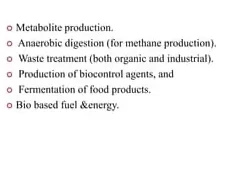
In industry, biotechnology drives efficiency, productivity, and resource optimization across
diverse sectors. Enzymes produced by genetically engineered microorganisms are utilized in
industrial processes such as biofuel production, textile manufacturing, and pharmaceutical
synthesis, replacing traditional chemical methods with greener alternatives. Bioprocessing
techniques, including fermentation and bioseparation, enable the cost-effective production of
valuable compounds, enzymes, and pharmaceuticals on a large scale.
Ethical Considerations

Despite its immense potential, biotechnology raises ethical dilemmas and societal concerns
regarding genetic manipulation, biosecurity, and equitable access to technology. The ethical
implications of gene editing, cloning, and synthetic biology prompt discussions on the
boundaries of scientific research and the moral responsibility of scientists and policymakers.
Issues of informed consent, genetic privacy, and the equitable distribution of benefits and risks
underscore the need for ethical frameworks and regulatory oversight to guide the responsible
development and application of biotechnology.
Future Prospects

As biotechnology continues to advance, its impact on society will only grow more profound.
From personalized medicine tailored to an individual’s genetic makeup to sustainable agriculture
that meets the needs of a growing population, biotechnology holds the key to addressing global
challenges in health, food security, environmental sustainability, and beyond. However, realizing
the full potential of biotechnology requires collaboration across disciplines, transparent
communication, and ethical foresight to ensure that scientific progress aligns with societal
values and priorities.
Conclusion
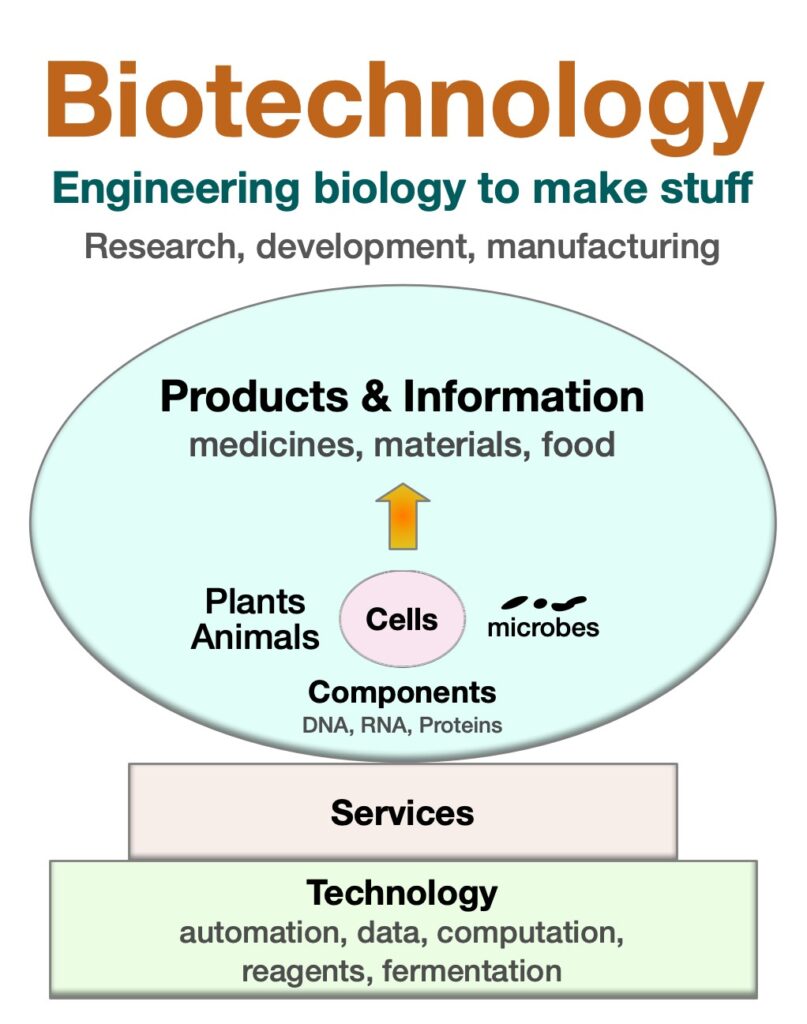
In the tapestry of human innovation, biotechnology emerges as a thread of boundless potential,
weaving together science, technology, and humanity’s quest for a better world. From curing
diseases to feeding the hungry, from preserving the environment to advancing industry,
biotechnology stands at the forefront of innovation, offering solutions that shape the course of
our collective future. As we navigate the complexities of the biotechnological frontier, let us
tread with curiosity, responsibility, and compassion, mindful of the power we wield to shape the
world for generations to come.
